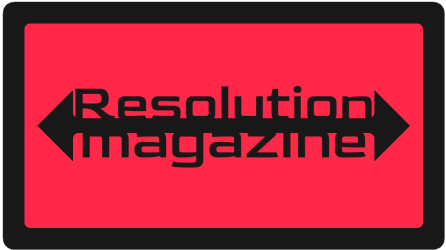Image Source: FreeImages
Personal development plans, or PDPs, are roadmaps for your career. They lay out the steps you need to take in order to grow and succeed in your job, whether that means moving up or switching to a new one. Without a personal development plan, it’s easy to get stuck at work. You might find yourself on a plateau, working the same job day after day without any upward trajectory. And not having a plan can make it harder to land that promotion you’ve been angling for—or even just feel like you’re hitting your potential at work. An effective personal development plan gives you clear direction about where you want to be as an employee and what steps you need to take in order get there. It doesn’t have to be complicated; in fact, it can be as simple as three actionable documents that aren’t more than 10 pages long combined. Here is how:
Read Also:
Create a skills and career assessment
A skills assessment is a list of your abilities, both professional and personal, that you want to draw on in your career. For example, if you want to be a public relations manager, your skills might include public speaking, media relations, writing, and organization. First, write out all the skills you think are relevant to your job (and life) right now. Then, after you’ve begun to explore your company culture and your team, add any skills you discover you might be missing. Your skills assessment isn’t written in stone—it should shift and change as you gain more experience in your job.
Analyze your company and role assessment
A company and role assessment is a list of your company’s culture and the expectations of your current role. It’s a snapshot of the factors and people who are currently impacting your day-to-day work life. For example, if you work in a startup, you might write down “extremely competitive environment,” “rapid growth,” “moving quickly and purposefully to achieve goals,” and “working in small teams.” If you work in a larger organization, you might write down “steady progress,” “clear communication and documentation,” “working in larger groups,” and “clear goals and expectations.”
Establish a promotion timeline
A promotion timeline is a list of the steps you need to take to get promoted in your company. It can be as simple as “learn your job well” and “ask your manager what I need to do to get promoted” or a little more detailed if you have a specific job or career path in mind. For example, if you want to be a public relations manager, your timeline might look like this:
- Get at least 2 years of public relations experience under your belt.
- Continue to attend PR conferences to learn best practices in the industry.
- Network with PR managers at other companies to build professional relationships. – Ask your manager what you need to do to be promoted.
- Keep your manager updated on your progress towards promotion.
- Take on more leadership roles at work.
- Keep learning and growing as a PR manager.
- Ask your manager when you should be promoted.
Create an action plan
An action plan is a list of specific actions you need to take to achieve your career goals. It’s written in an “If this, then that” format, so you can clearly see what actions lead to progress in your work life. If one of your goals is to get promoted, for example, your action plan might be “If I keep learning and growing in my job, then I’ll be ready to take on new leadership roles at work.” For each goal in your plan, create a list of three specific actions you can take to move things forward. For example, if one of your goals is to get promoted, you might include in your action plan something like, “If I keep learning and growing in my job, then I’ll be ready to take on new leadership roles at work.” Your action plan for that goal might be: “Read the latest trends in my industry” “Ask my manager what skills I need to develop to be ready for promotion” “Ask my manager when I should be promoted” “Update my resume with the skills I’ve been developing” “Schedule time with my manager every few months to check in on my progress” “Follow my company’s career path and promotion timeline” “Keep building strong relationships with my co-workers”.
Conclusion
Your personal development plan is a roadmap for your career. It helps you navigate your career and figure out what you need to do to get the promotions and job titles that you want. Building a PDP doesn’t have to be complicated. In fact, it can be as simple as skills and career assessment, an analysis of your company culture, and a promotion timeline.
